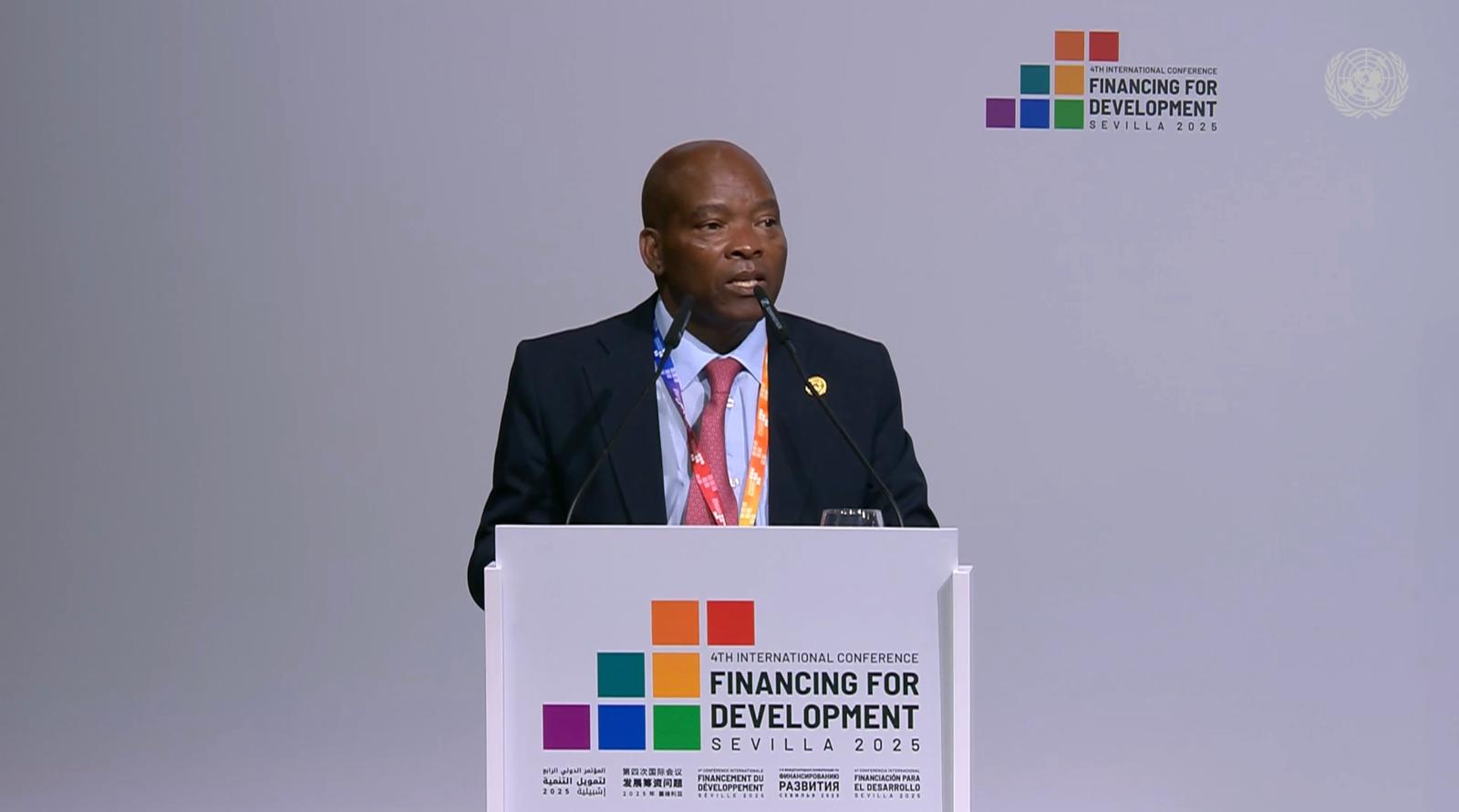Ressources
In line with the Africa Regional Strategy for Disaster Risk Reduction
November 2017
Strategic Intervention Axis 1: Enhancing leadership, governance and political commitment
Regional Policy Coherence for the Great Green Wall Initiative: Restoring Land and Sustaining Peace: The Great Green Wall and the Climate–
The African Union Commission (AUC) envisions “an integrated continent that is politically united based on the ideals of Pan Africanism an
Highlights of the cooperation with the GIZ-project “Support to the African Union on Migration and Displacement”
Violent extremism is a global issue.
Agenda 2063 is Africa’s development blueprint to achieve inclusive and sustainable socio-economic development over a 50-year period.
We, Heads of State and Government of Member States of the African Union, guided by the principles of Agenda 2063 and sustainable developm









